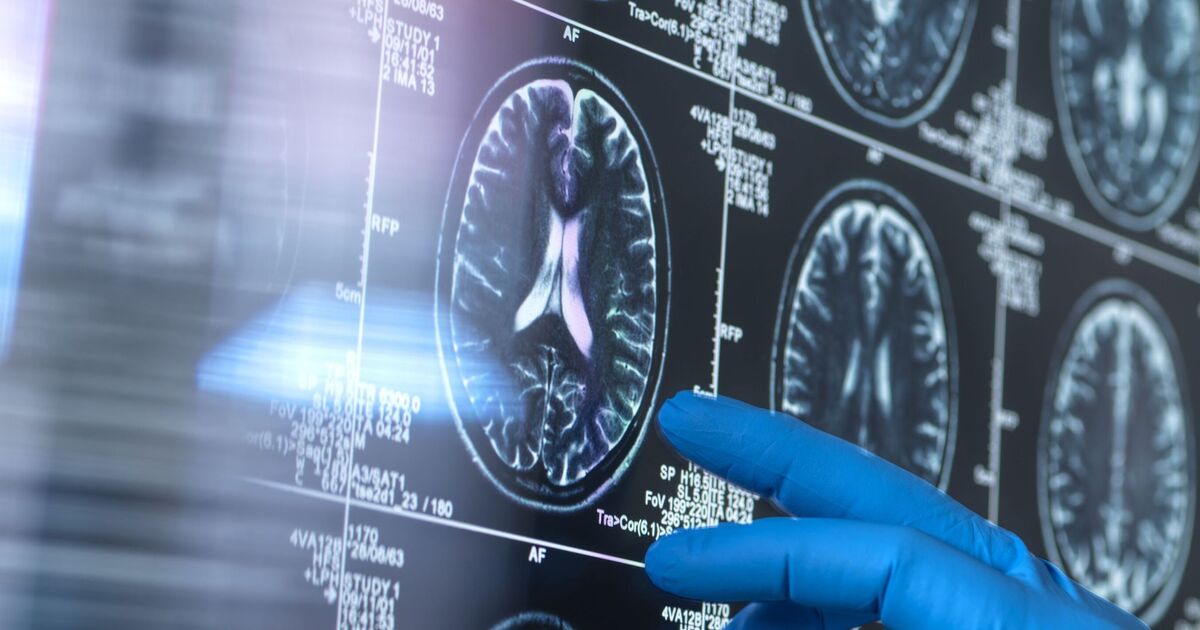Startling research suggests that people with untreated high blood pressure have a significantly worsened risk of dementia. Australian researchers examined data from more than 30,000 individuals across 14 different countries to better understand the relationship between cognitive health and hypertension.
Disturbingly, their Neurology study found that ignoring blood pressure problems elevates personal risk of non-Alzheimer’s dementia by a staggering 68% and Alzheimer’s by 36% among over-60s. In light of this, lead author Dr Matthew Lennon, who works at Sydney’s St Vincent’s Hospital, told The Medical Republic that blood pressure medication should be a potential consideration for dementia prevention.
“Whereas GPs and physicians may have an instinct to deprescribe medications for chronic illnesses as patients progress through late life, our study indicates that there may be ongoing benefits for cognition and dementia risk even in the very elderly,” he told the publication.
“For those older people who look to have a happy, healthy, flourishing life it’s really important to regularly check and work to control your blood pressure,” he told the publication.”
While it’s easy to confuse dementia and Alzheimer’s, there is a distinct difference between them. Dementia is the broad term used to describe a number of different brain conditions including Huntington’s, vascular and Lewy body dementia.
Alzheimer’s is another condition encompassed within this umbrella term, referring to the most common type of dementia, marked by progressive symptoms that affect the brain’s capability to learn, remember and reason.
The Neurology study’s results come just months after the University of Oxford found that type two diabetes – a condition often worsened by obesity – may also worsen the onset of dementia in addition to smoking, drinking beer and poor sleep.
Dr Lennon also said: “Our meta-analysis that included people from around the world found that taking blood pressure medications was associated with decreased risk of Alzheimer’s disease throughout later life. These results suggest that treating high blood pressure as a person ages continues to be a crucial factor in reducing their risk of Alzheimer’s disease.”
High blood pressure is influenced by a number of factors including your age, ethnicity and food intake, with a high salt diet worse for this overall. Although it’s often symptomless, there are a few signs you can look out for according to the NHS. These include headaches, blurred vision and chest pain, potentially arising as uncomfortable pressure in the left side or centre of your chest.
However, blood pressure examinations are the only way to diagnose this issue for certain. If you’re concerned, seeing a GP or calling 111 for advice is crucial.











